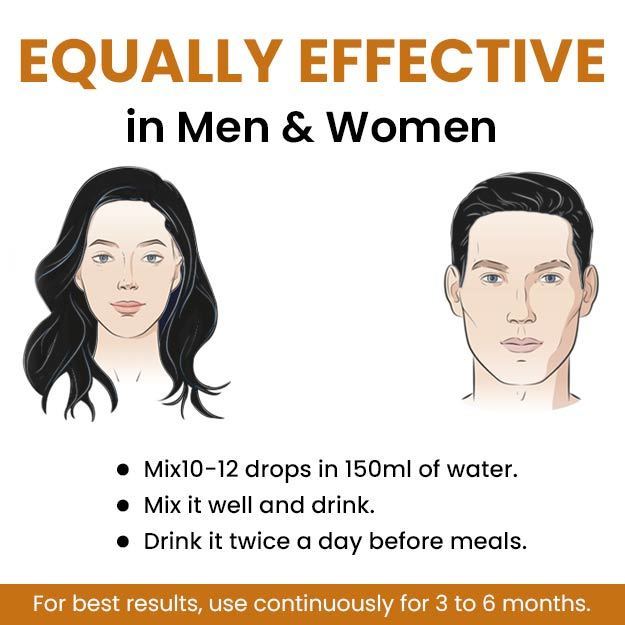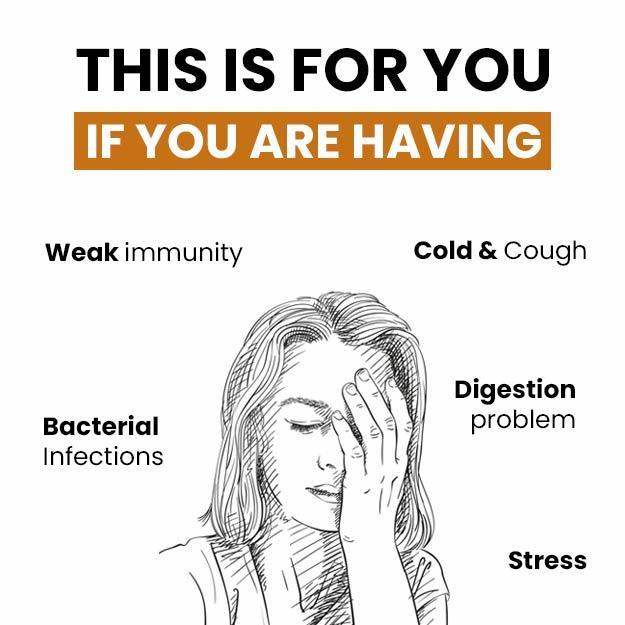The words immunodeficiency, immunosuppression and immunocompromised are being used more than ever in these times, especially due to the steadily rising cases of the COVID-19 infection around the world.
Immunodeficiency could be an immune response or an immune system that is deficient or weak. Immunosuppression refers to a watering down or suppression of the immune system. This may be done intentionally with the use of drugs. For example, this is done after an organ transplant to reduce the chances of the immune system attacking the transplanted organ as something foreign (from outside the body). Immunosuppression may also be a side-effect of some medicines and therapies like cancer therapies.
Immunocompromised, however, refers to the body's reduced ability to fight illnesses and infections. In most cases, the condition of being immunocompromised is brought on by an underlying or pre-existing condition such as human immunodeficiency virus or HIV infection, various types of cancer, diabetes, obesity, heart disease, autoimmune diseases and some genetic disorders. That said, the elderly, as well as smokers, are also usually immunocompromised. The state of being immunocompromised may be permanent or it could become better in some time.
Each of the three above mentioned words indicate the body’s inability or reduced ability to fend off disease.
Read more: Primary immunodeficiency
The immune system of the body is made up of several cells that prepare the body to fight off various kinds of pathogens, such as bacteria to viruses. But when this system isn’t functioning properly in the body, the chances of coming down with an infection or illness are high.
Those who are immunosuppressed or immunodeficient have a higher likelihood of catching an infection and falling sick as a result. But being immunocompromised is a little different, as there are varying degrees of this imbalance in the system.
More than 13 million people have been affected by the new coronavirus infection since it was first reported in Wuhan, China, while the death toll has been steadily climbing with more than 573,000 reported to have lost their lives to the disease globally. In recent weeks, India became the third-worst-hit country in the world due to the respiratory infection, with over 900,000 cases and more than 23,000 deaths reported so far.

 Doctors for What does it mean to be immunocompromised?
Doctors for What does it mean to be immunocompromised? 

























